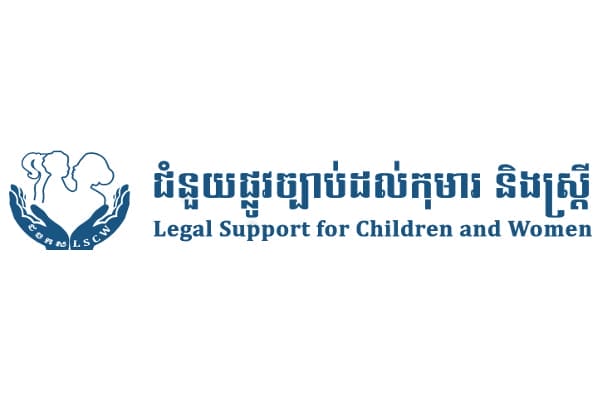The project aims to contribute to the full and universal respect of human rights for rubber and banana plantation workers. It seeks to improve working conditions through raising awareness among key actors in both the public and private sectors, as well as enhancing the capacity of plantation workers to act as development agents.
The Cambodian informal economy constitutes 88.3% of the total workforce. Within this percentage, over a third is present in the agricultural sector. Women represent approximately 47.3% of informal workers in agriculture. For these workers, informality entails no legal rights under labor laws, no safety and health protections as per regulations, and no access to social security coverage. The absence of protection leads to exploitative and undignified working conditions (such as low wages, lack of personal protective equipment, work hours exceeding 48 hours per week, absence of maternity leave, and more), distancing Cambodia from achieving Sustainable Development Goals.
The underlying causes of undignified working conditions in rubber and banana plantations include:
- Lack of Participation and Representation
- Limited Understanding and Recognition of Labor Standards and Human Rights
- Inadequate Legal and Institutional Frameworks
- Crackdowns against Civil Society
- Gender-Based Violence
- Limited Access to Justice.
The objective of this project is to improve working conditions in the rubber and banana sectors. To achieve this goal, we focus on three main aspects:
- Political Dialogue: We collaborate with national and international stakeholders to create opportunities for legal, institutional, and political change. Additionally, we work closely with the Cambodian government to integrate labor imperatives and human rights into policies, regulatory frameworks, programs, and sector budgets.
- Business and Investor Awareness: We inform companies, investors, and stakeholders in the rubber and banana sectors about the environmental, legal, financial, and reputational costs resulting from human rights and labor violations. This enables us to exert pressure for their commitment to human rights and dignified working conditions.
- Empowerment of Workers: We strive to enhance the skills of plantation workers, community organizations, unions, and labor rights advocates. This includes monitoring compliance with international obligations, reporting violations, participating in political dialogue, and influencing decision-making processes.


